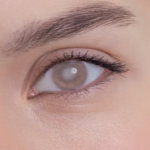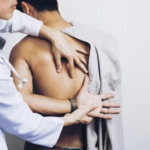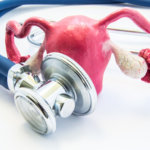
Polyphagia is also often referred to as hyperphagia. These are medical terms for excessive hunger without an obvious cause such as going a long time between meals or participating in strenuous activity.
The desire to eat does not go away or comes back quickly after eating a meal. While there are times when a person exercises a lot or does not eat enough fiber or protein, which causes a person to be hungry.
However, when this is the cause eating a diet full of fiber and protein or reducing the amount of exercise will help ease the hunger pains.
A person with true polyphagia may have some type of disease, a neurological disorder, or a genetic disorder that is causing their extreme hunger. Medical attention can help to determine the underlying cause.
Here are some tips to help manage polyphagia.
1. Protein
One of the best things that you can do in order to help ease your feelings of hunger is to add more protein to your diet. Adding protein to your diet can help to increase your feelings of being full. It will also help you to eat less during your next meal and can help you to lose weight.
One study showed that people who ate more protein for breakfast lost 65 percent more weight and over 16 percent more body fat than those who ate a high carb breakfast.
Additionally, adding a high amount of protein to your diet can help to prevent the loss of muscle when calories taken in each day are being reduced in order to lose weight.
Overall, if you are suffering from polyphagia, increasing the amount of protein in your diet can help with this symptom, which is one of the first signs of diabetes.


